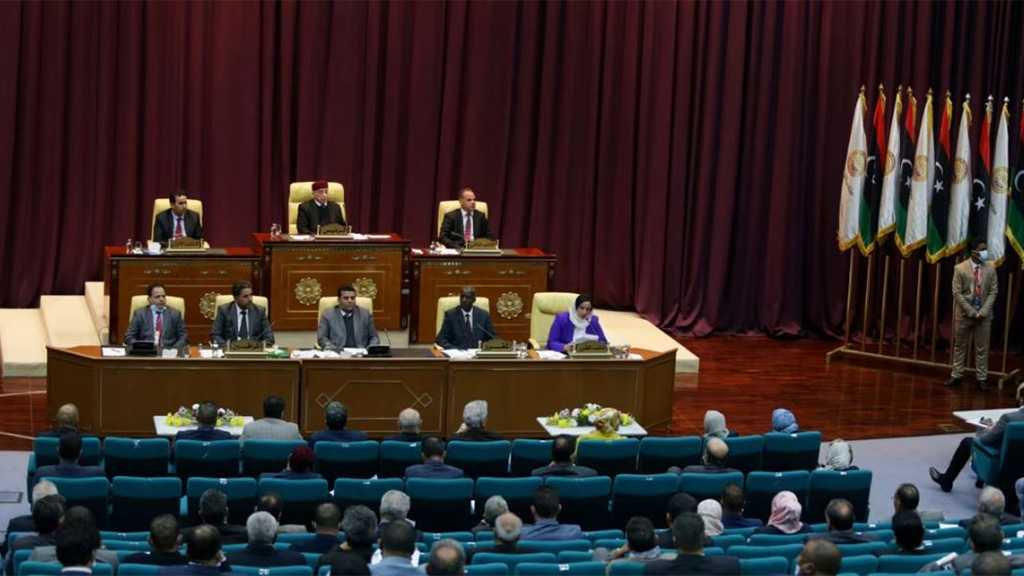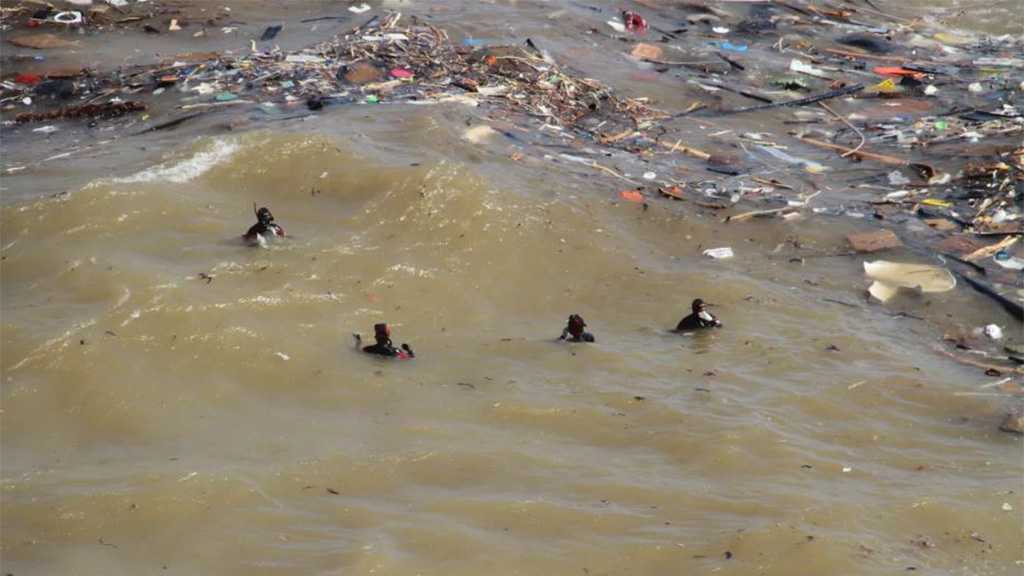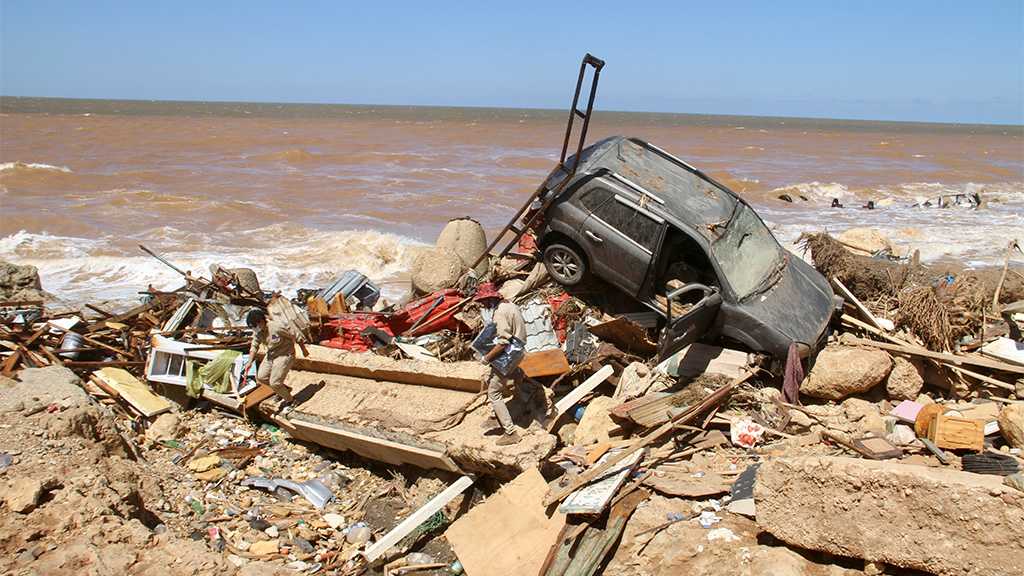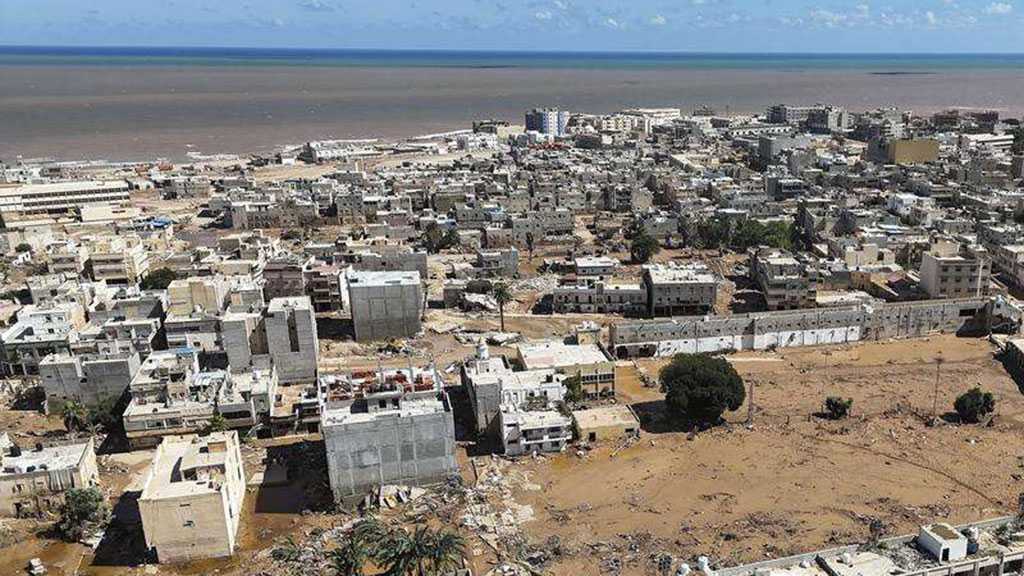
Libyan Cmdr. Wanted for War Crimes by ICC Shot Dead
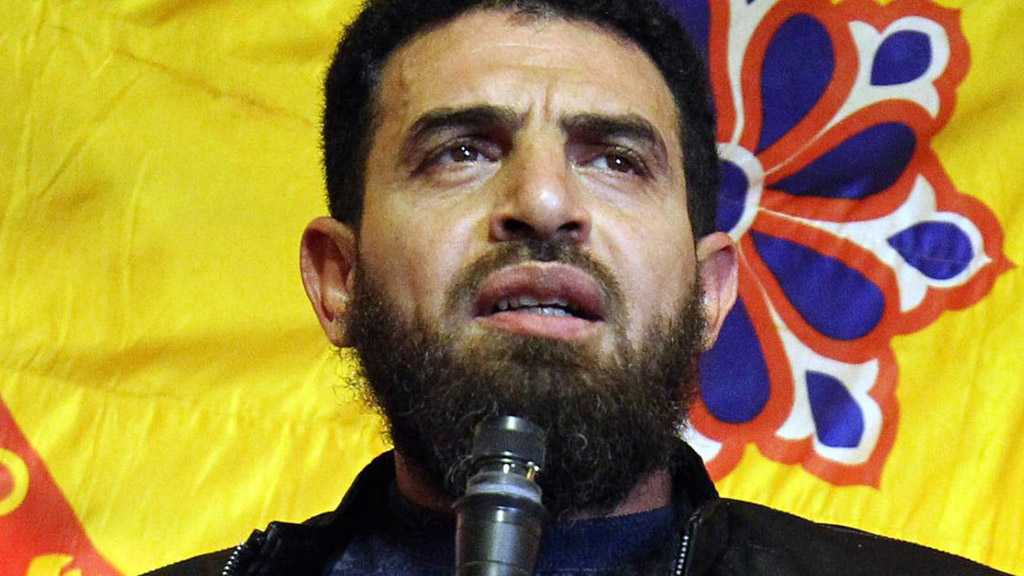
By Staff, Agencies
Unidentified armed men have shot dead a Libyan commander, loyal to renegade General Khalifa Haftar, who was wanted by the International Criminal Court [ICC] for war crimes in the country’s eastern city of Benghazi.
Mahmoud Mustafa Busayf al-Werfalli, a senior figure in Haftar's self-styled Libyan National Army [LNA], was killed in a busy street in Benghazi on Wednesday after gunmen opened fire on his car, local sources said on condition of anonymity.
The sources said Werfalli and his cousin, Ayman, were seriously wounded, before being pronounced dead on arrival at Benghazi Medical Center, located near the scene of the shooting. Werfalli’s brother was also wounded in the attack, they added.
There was no immediate claim of responsibility for the assault.
Following the attack, there was a heightened presence of security forces in Benghazi, with residents across the city saying they heard gun shots.
Born in 1978, Werfalli was a commander in an elite unit attached to Haftar’s LNA, a coalition of forces that has dominated eastern Libya in recent years.
Werfalli was indicted twice by the ICC for his alleged role in executing or ordering the execution of 33 people who were either civilians or injured fighters in at least seven incidents in 2016 and 2017. The Hague-based tribunal says the executions were filmed and posted on social media.
He was also accused of shooting dead 10 Takfiri blindfolded prisoners after a Benghazi mosque attack in 2018, in which photographs appeared to show him shooting them.
Werfalli was sanctioned by the US Treasury Department in 2019 for “serious human rights abuse.”
Earlier this month, he was shown in a widely circulated video raiding a car showroom in Benghazi alongside his uniformed men, smashing up furniture and computers.
The latest incident came after Libya's internationally-recognized government officially handed over power to a new interim executive following years-long violence and division in the North African country.
Interim Prime Minister Abdul Hamid Dbeibah, selected through a United Nations [UN]-facilitated process early last month, was sworn in on March 16 to lead the new unity government until elections are held on December 24.
Tarek Megerisi, a policy fellow at the European Council on Foreign Relations, said friction between rival factions in eastern Libya had been escalating for some time and could further degenerate into a series of retaliatory attacks.
“I think this is going to be the first major challenge for the [Government of National Unity] GNU,” he said.
Anas El Gomati, founder of director of Sadeq Institute also called Werfalli “a relentless and merciless killer,” adding that his death was a sign of LNA’s weakening position.
Libya has been grappling with unchecked violence since the overthrow, and later killing, of dictator Muammar Gaddafi in 2011 during an operation backed by NATO.
Since 2014, two rival seats of power have emerged in Libya, namely the Government of National Accord [GNA] – based in the capital Tripoli, and another camp based in the eastern city of Tobruk, backed militarily by the so-called LNA, composed of armed rebel forces led by renegade General Khalifa Haftar.
The country descended into unprecedented chaos last year after the LNA moved toward Tripoli to seize the city. They were repelled by government forces.
The conflict has escalated into a regional proxy war fueled by foreign powers pouring weapons and mercenaries into the country.
Dbeibah’s new interim government replaces both existing political forces in Libya. He has pledged not to stand for office in December’s vote.
Head of the GNA Fayez al-Sarraj, who had been prime minister since 2014, resigned from his post in a ceremony in the capital, Tripoli, on Tuesday.
The eastern administration, backed for years by Haftar's LNA, also handed over its powers to the new unity government on the same day.
Besides the challenge of merging Libya's divided state institutions and preparing for elections in December, the GNU also needs to tackle a dire security situation with power held by a number of armed factions.
